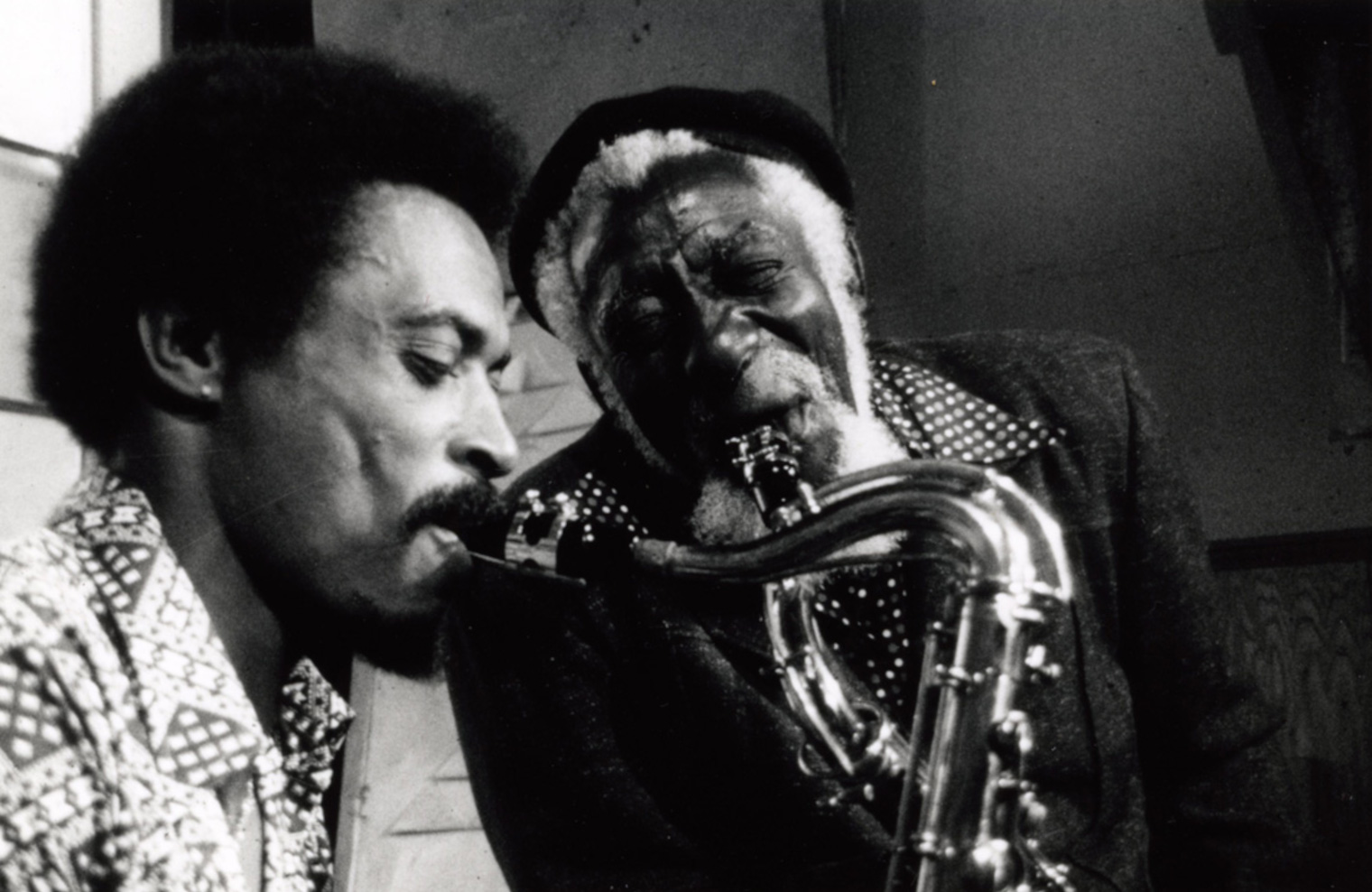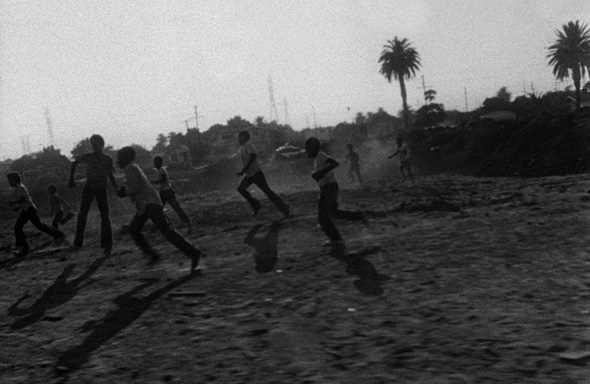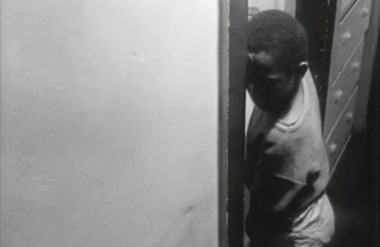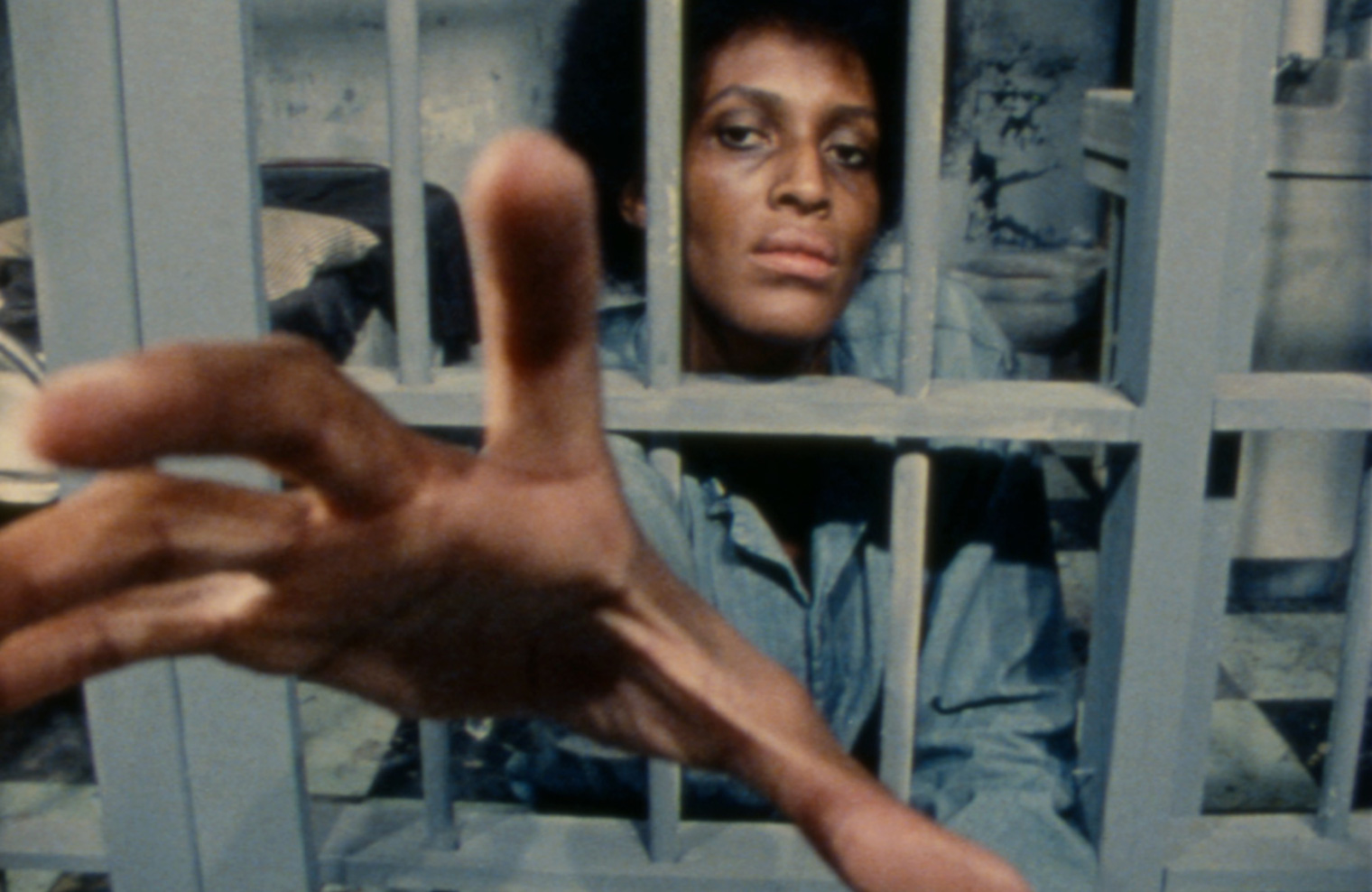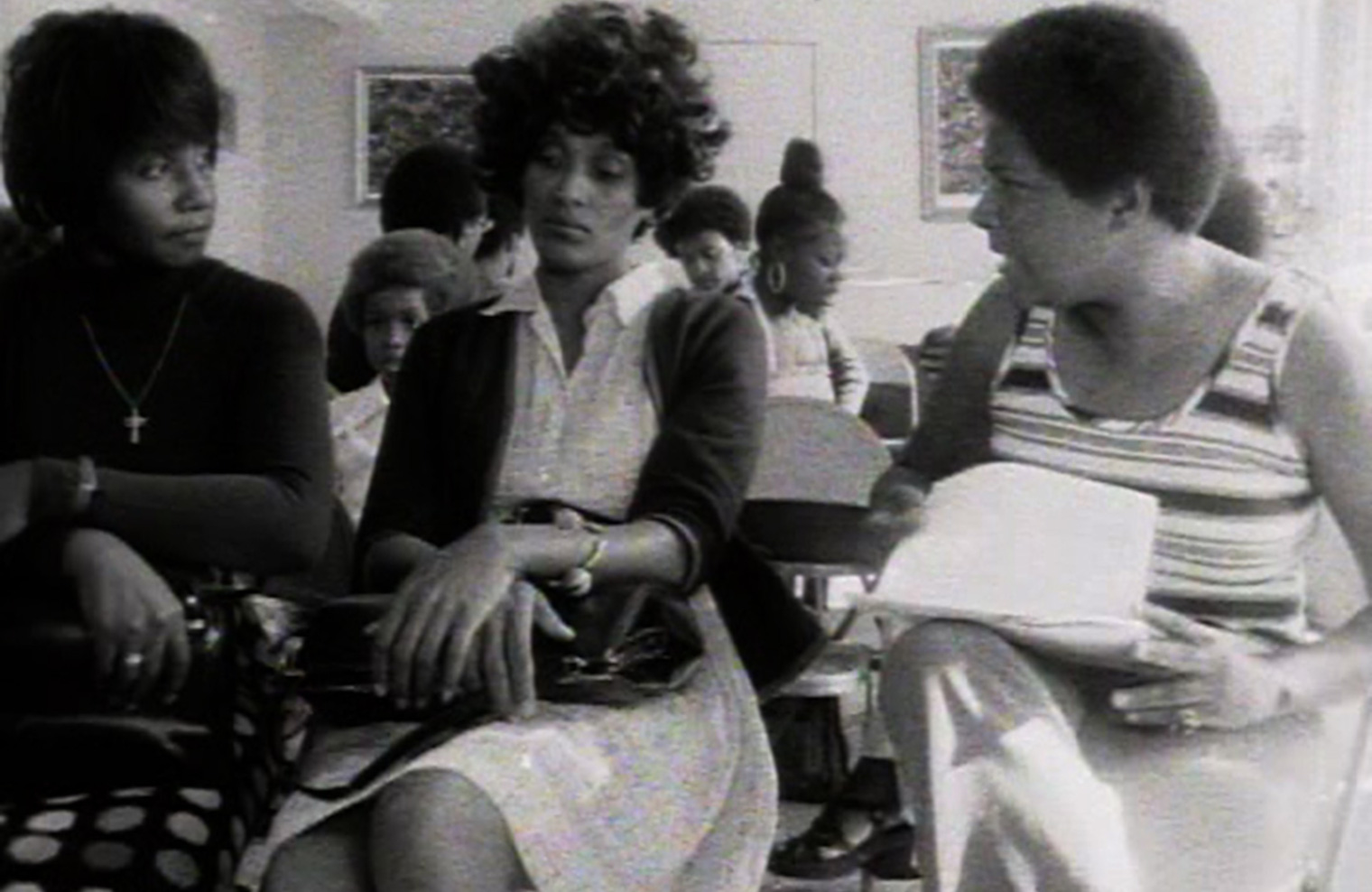L.A. Rebellion
What’s in a name, really? L.A. Rebellion is first of all a handy and appealing designation for something that might actually be both too momentous and too heterogeneous to contain in a name. Nevertheless, one is faced with some bare facts: at a particular time and place in American cinema history, a critical mass of filmmakers of African origin or descent together produced a rich and venturous body of work, independent of any entertainment industry influence. At this time, in this place, buzzing with the spirit of the civil rights movement and memories of past and future uprisings, these filmmakers – most of whom studied at UCLA in Los Angeles in the late 1960s to the late 1980s – committed themselves to depicting the lives of black communities in the U.S. and worldwide.
But can one really speak of a single “movement”? Is the word “rebellion” appropriate here? And what about the notion of a “black cinema”? Are these even the right questions to ask? Perhaps we could better ask: what is it that we can do with these films today, in this peculiar time, in this particular place? If these films still resonate so strongly with us, it is perhaps because they refuse to be contained in an imposed framework, and instead choose to explore the off-track and the off-kilter, the unsettled and unsettling in the everyday. Perhaps it is because they do not profess to disclose secrets beyond the surface of what is present, and instead make sense of what is too close to see: the internal ghetto of emotional devastation, suffocation, exhaustion, trepidation, disorientation. Perhaps it is because they are about making common cause with a sense of brokenness, without offering a prescription for repair, about finding resilience and dignity in a sentiment that is no stranger to any of us: vulnerability. And perhaps this is how these films, in all their diversity and richness, find resonance in another sentiment long considered useless, but which has in recent years sparked a new sense of collective engagement and imagination. It is called indignation.
L.A. Rebellion: Creating a New Black Cinema is a project by UCLA Film & Television Archive developed as part of Pacific Standard Time: Art in L.A. 1945-1980. The original series took place at UCLA Film & Television Archive in October – December 2011, curated by Allyson Nadia Field, Jan-Christopher Horak, Shannon Kelley and Jacqueline Stewart.
The Courtisane Festival will present a modest selection of over 50 representative works, many of them in new prints and restorations. A complete overview of the program can be found on www.cinema.ucla.edu/la-rebellion. In collaboration with Tate Modern & UCLA Film & Television Archive.
Special thanks to George Clark, Steven Hill and Todd Wiener, without whom this program would not have been possible.
In the framework of the research project “Figures of Dissent” (KASK/Hogent).
